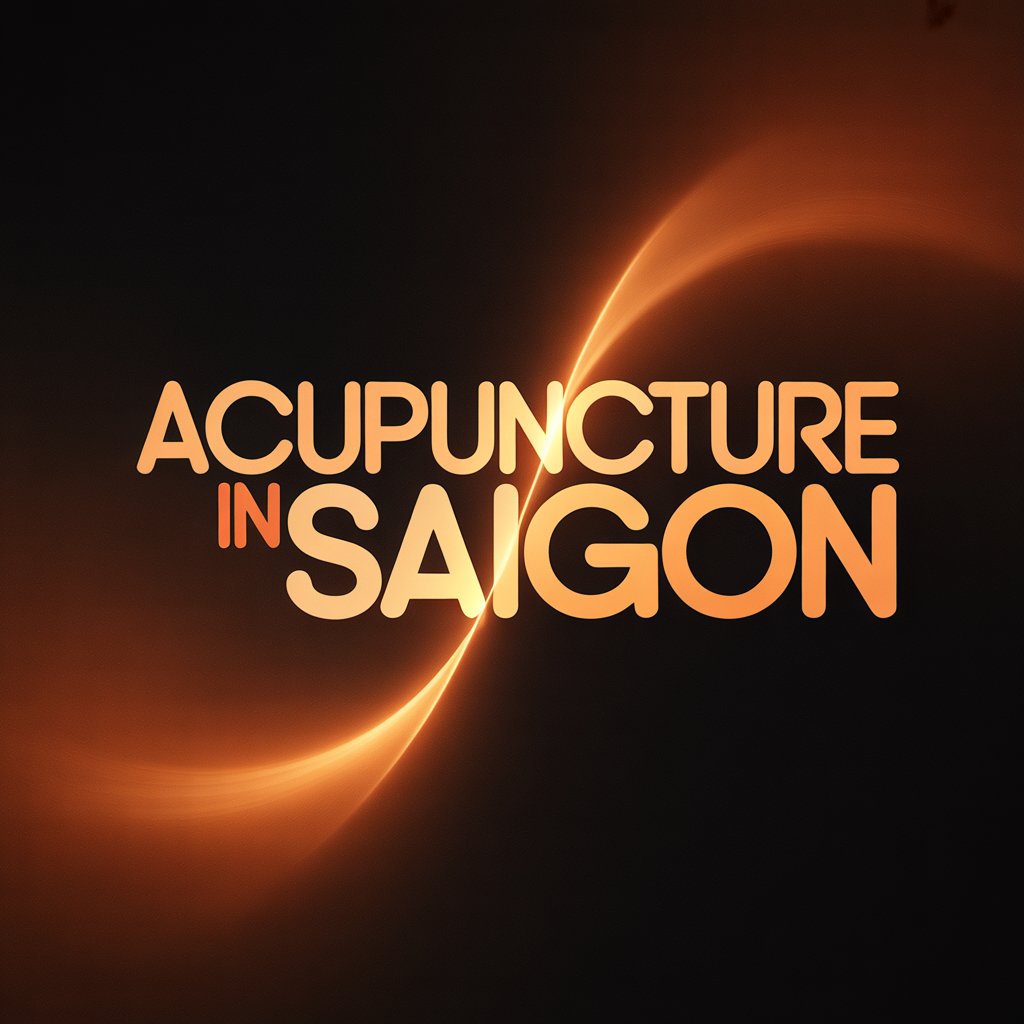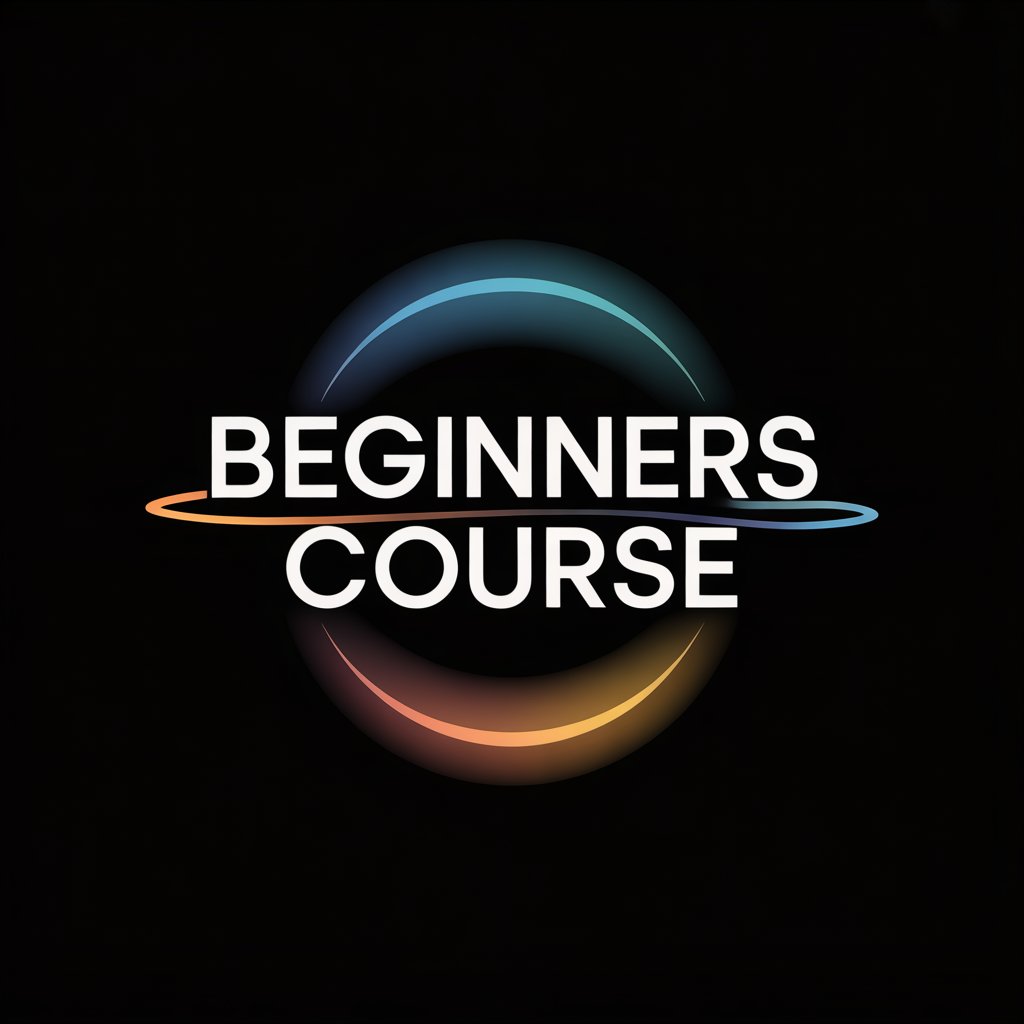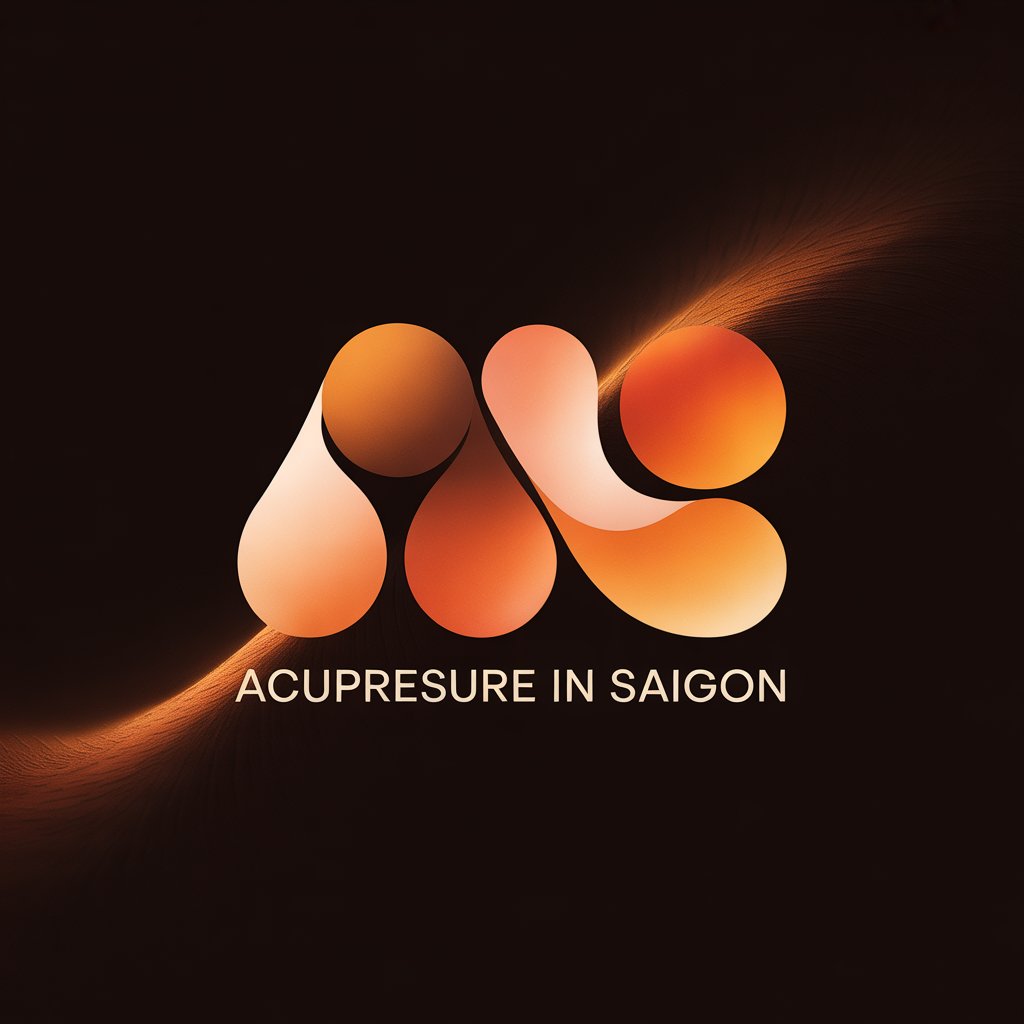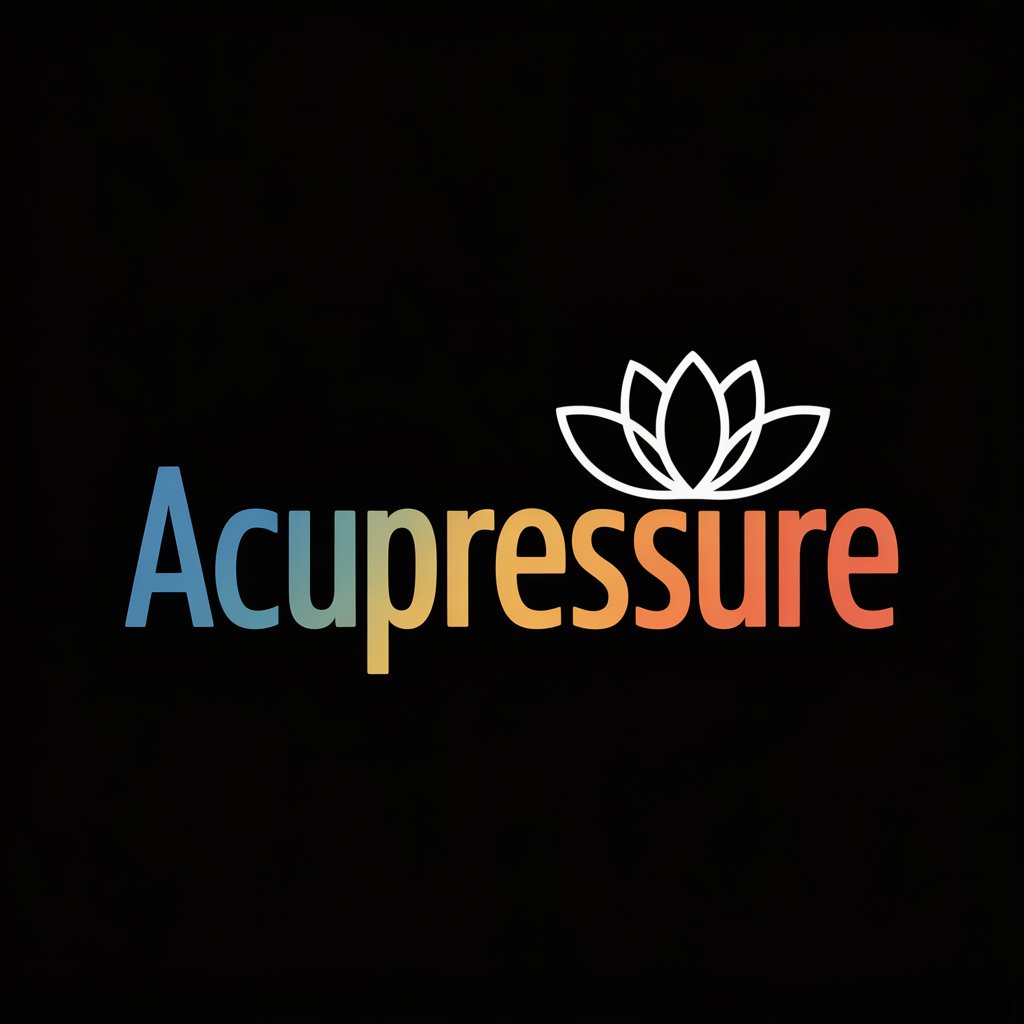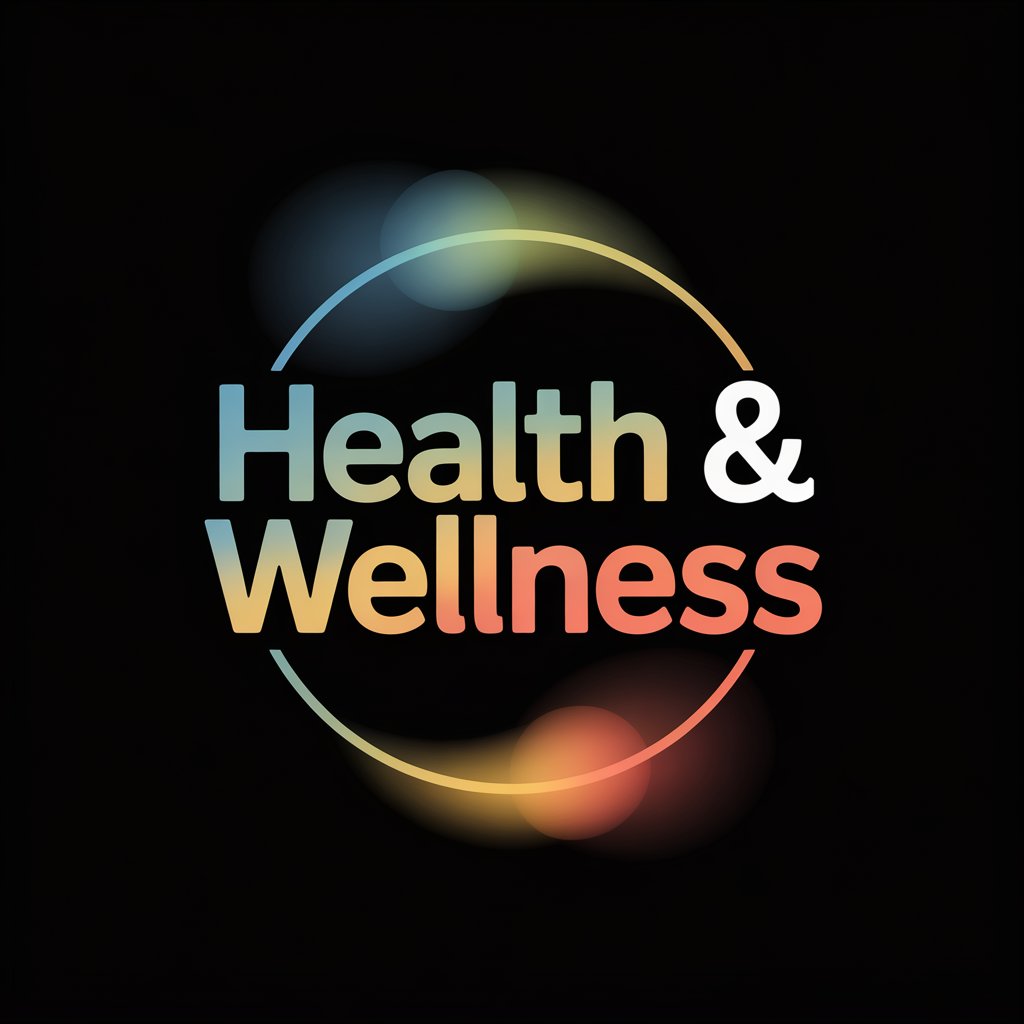Unlock Better Sleep: What Your Sleep Patterns Reveal

It’s really common for people to mention sleep problems, either as the main thing they’re dealing with or just something that comes up when we first chat. So, I always ask a few questions about your sleep:
- Do you struggle to fall asleep when you first get into bed?
- Do you drift off okay, but then find yourself waking up a lot during the night, especially between 1 am and 3 am?
- Do you sleep pretty well through the night but wake up super early every morning, like around 4:30 or 5 am, and can’t get back to sleep?
You might be wondering why I ask these specific questions and how your answers can actually help me figure out the best way to treat you. Well, in Traditional Chinese Medicine (TCM), we have this idea that different parts of your body, what we call “organs,” have their own times when they’re most active and doing their important jobs.
Think of it like a schedule for your body, often shown in something called the Chinese body clock.
The way you answer those sleep questions gives us clues about which of these “organ systems” might be a little out of balance.
“I find it hard to drop off to sleep”
If you have trouble falling asleep, we often look for other signs of something we call “Blood deficiency.” Now, this isn’t exactly the same as when a doctor says you have low iron (anemia), but there are some similar ideas.
It could mean you’re not getting enough of the right nutrients from your food, or maybe your digestion isn’t working as well as it could to absorb those important energy builders.
If you have Blood deficiency, you might also experience things like feeling anxious, dizzy, having very heavy periods, looking pale, or getting cramps.
To help with this, we’d focus on making sure you’re eating well and that your digestion is working properly so your body can build healthy “Blood.” Sometimes, that anxious feeling linked to Blood deficiency can be what’s keeping you awake.
“I always wake between 1-3am”
That time, between 1 am and 3 am, is when your “Liver meridian” is thought to be most active in TCM.
The Liver in TCM has a big job: it’s responsible for making sure your Qi (that’s your body’s energy) and Blood flow smoothly throughout your whole system. It also deals with your emotions, especially things like frustration, anger, and resentment.
So, if you’re regularly waking up during this time, it might suggest that your Liver isn’t able to keep that energy flowing smoothly.
If you’re feeling stressed emotionally, it can make this Liver imbalance worse. We might also see other things happening, like PMS, irregular periods, mood swings, tummy troubles, headaches, or indigestion.
It can become a bit of a cycle because all these things can make the imbalances worse, which then makes your sleep even more disturbed.
By treating the Liver and helping your Qi flow more smoothly, we can help your body work better overall, and those symptoms, including the waking at night, can start to disappear.
“I wake early and never need to set an alarm”
In Chinese medicine, your “Gallbladder” is closely linked to your body’s ability to make decisions and take action.
It’s also connected to the smooth flow of Qi. The Gallbladder’s peak time is between 11 pm and 1 am. During this time, it’s believed to be doing important things related to decision-making and processing emotions.
If your Gallbladder energy is out of balance, it can make it hard for you to smoothly transition from that restful sleep phase to being awake and active. This is also why trying to get to sleep before 11 pm is considered so important in TCM!
I see the connection between emotional stress and sleep problems all the time in my clinic. Sometimes, people don’t even realize how stressed they are because it’s become their “normal.”
A common example is worrying about your kids. It feels normal to worry, and it is to some extent, but it shouldn’t be consistently stopping you from sleeping well. It’s still important to find ways to manage those tough times.
With acupuncture treatment, we can start to understand where these imbalances are coming from and help create some mental space so you can make different choices about how you handle things. It can be really tough to do this on your own without some support, and I really enjoy helping my clients work through these kinds of issues.
For those who like a bit of the science behind it, here are 3 ways acupuncture is thought to help with sleep problems:
- It can change the levels of brain chemicals (neurotransmitters) involved in sleep, like serotonin and melatonin. This can help reset your body’s natural sleep-wake cycle and lead to more restful sleep.
- Acupuncture can calm down your nervous system. It’s been shown to activate the “rest and digest” part (the parasympathetic nervous system), which helps you relax and reduces stress. Less stress can definitely lead to better sleep, and it can also help with things like hot flashes.
- Acupuncture is believed to encourage your body to release natural painkillers and other brain chemicals (like endorphins). This can help your body naturally regulate its hormone levels, and we know that hormones play a big role in many symptoms, including sleep issues.
Interestingly, a study in 2015 looked at 12 different studies on acupuncture for sleep problems in women after menopause. Even though the treatments were a bit different in each study, about 75% of the women reported that their sleep got better after having acupuncture.
If you’re reading this right before bed and feeling anxious about sleeping well tonight, you could try applying gentle pressure (acupressure) to one or more of these points. I’ve included links to some YouTube videos that can show you exactly where these points are and how to press them.
- Kidney 1 (“Bubbling Spring”): This point has a cooling effect and can help calm down any “heat” in your body that might be disturbing your sleep.
- Spleen 6 (“Three Yin Crossing”): This point can help with worry, overthinking, that stuck Liver energy we talked about, and also helps to nourish your “Blood.” (Important note: Do not use this point if you are pregnant.)
- Ren 4 (“Gate to the Original Qi”): This is a meeting point of four different energy channels that are often involved in poor sleep. This point helps to tap into your deeper energy reserves. (Just a heads-up: Don’t press this point if your bladder is very full!)
If this sounds like the kind of treatment you need, but you’re not keen on needles, you could also try ear seeds. These are tiny seeds or crystals on a small sticky plaster that we place on specific acupuncture points on your ear. You can leave them on for up to five days for a continuous, gentle acupressure effect.
Source: https://acupuncturehealthcare.co.uk/
